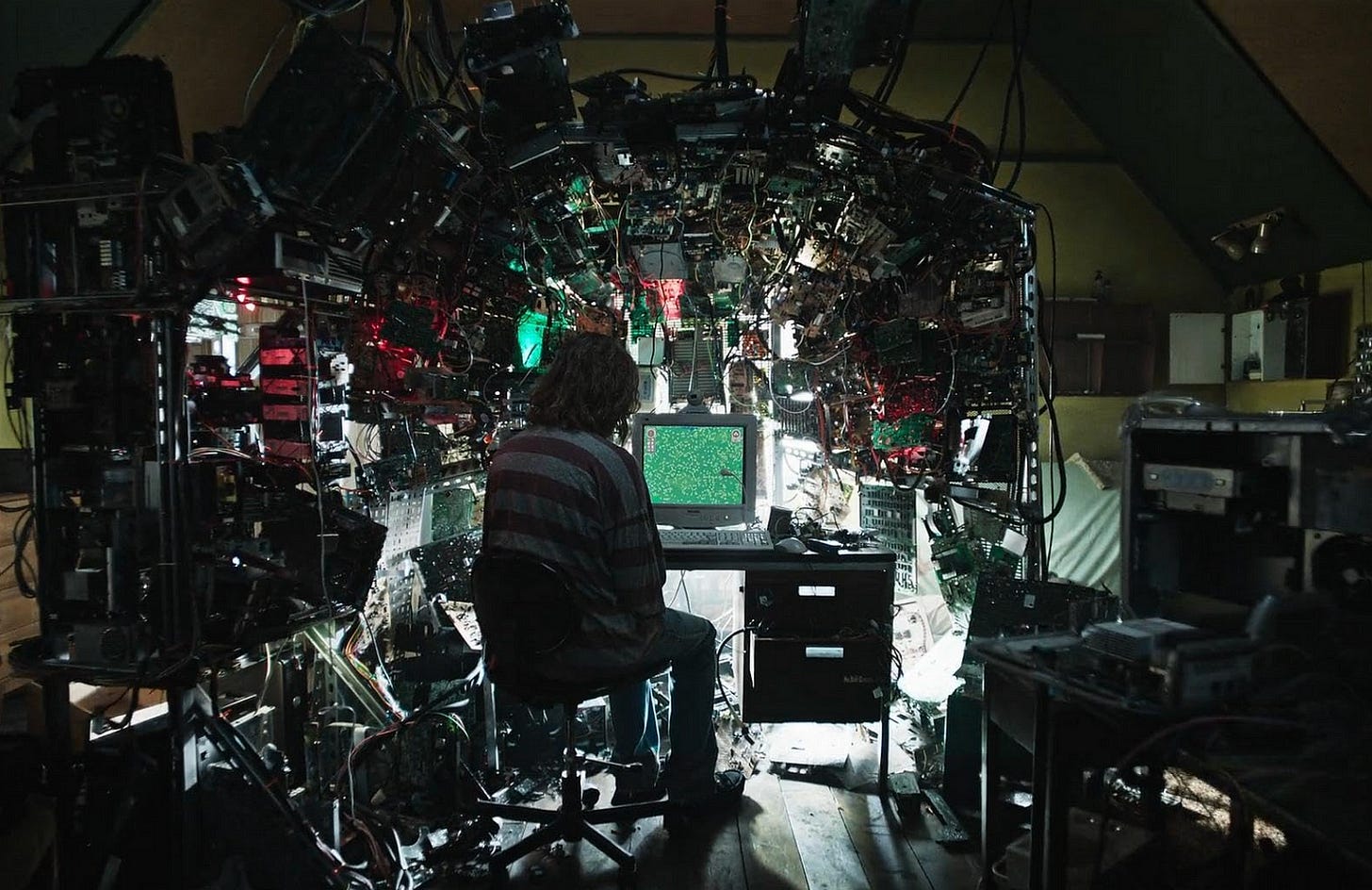‘Plaything’ Is One of Black Mirror’s Strongest Episodes to Date
After nearly a decade and a half, Netflix’s modern ‘The Twilight Zone’ still has tricks up its sleeve
It was around episode four of season 7 that I began to reflect on just what an unrepentant Black Mirror lover I am. While it is an anthology show, meaning each episode comes equipped with its own actors and independent storyline, there’s enough of a common thread between the seven seasons to give faithful fans something to revel in.
Where the seas…
Keep reading with a 7-day free trial
Subscribe to The Gen Z Report to keep reading this post and get 7 days of free access to the full post archives.


